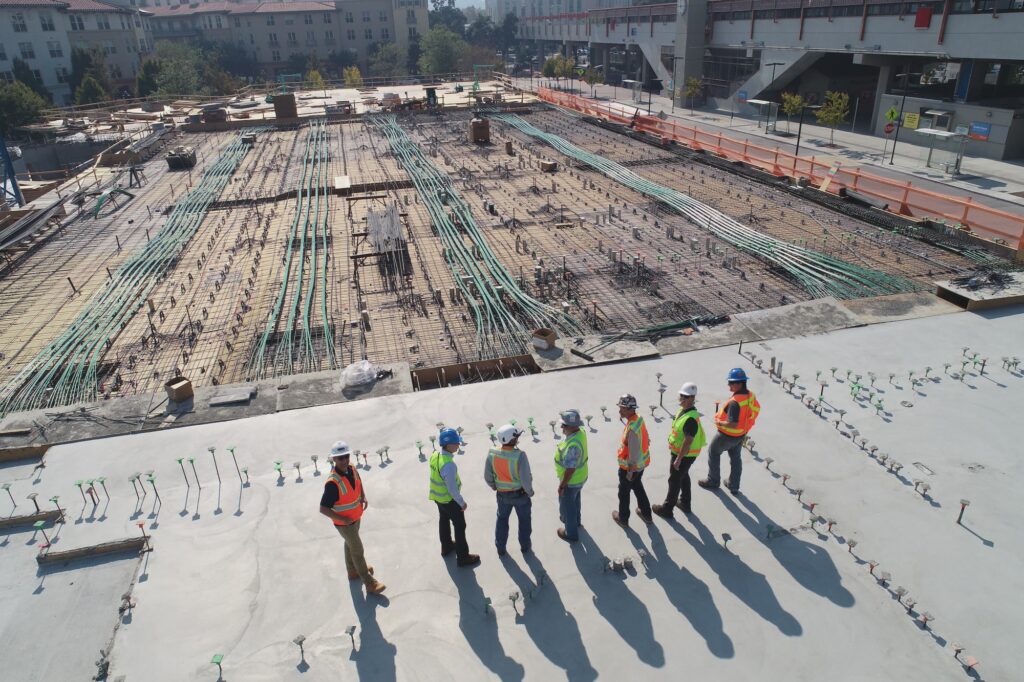With the U.S. at risk of a catastrophic exposure to the Ebola virus from just one international airline flight, we are encouraged that legislation has been introduced in Congress to extend PREP Act protection for respirators certified by the National Institute for Occupational Safety and Health (NIOSH) that are needed to protect health care workers during federally declared health emergencies. But public health is at risk until the bill is passed and signed into law.
LEGISLATION INTRODUCED: Congressmen Don Bacon (R-NE-02), Paul Tonko (D-NY-20), and Jim Langevin (D-RI-02) introduced bipartisan legislation November 5, 2019 — H.R. 4982, the Health Care Workforce Protection Act of 2019 — to aid national biopreparedness by amending the Public Readiness and Emergency Preparedness (PREP) Act to include NIOSH-certified respiratory protective devices.
BACKGROUND: When Congress approved the PREP Act in 2005 to provide federal liability immunity to items HHS identifies as necessary for public health emergency response, it inadvertently omitted NIOSH-certified respirators. That omission could lead to dangerous delays in equipping public-health workers with the right respirators.
The 2005 law provides liability protections to approved drugs, devices, biological products, and other FDA-approved devices under the PREP Act, but left out the types of respirators the Centers for Disease Control and Prevention (CDC) frequently recommends for worker safety during public health emergencies.
As Representatives Bacon, Tonko and Langevin noted in their announcement of H.R. 4982, “Currently, only FDA-approved items are eligible for PREP Act coverage, NIOSH-certified respirators are not. Yet, in nearly every public health emergency with an airborne hazard, the CDC urges the use of these respirators in order to keep workers safe.”
SUPPORT NEEDED: With the threat of Ebola growing globally and other unknown risks on the horizon, H.R. 4982 deserves bipartisan support, an expedited vote and quick passage. The bill adds NIOSH-certified respiratory protection devices to the PREP Act to improve the public health emergency response, and “will ensure that respirator manufacturers and distributors are not penalized for heeding the nation’s call in the event of these emergencies, and that these devices are available when needed.”
As we wrote in our July 2019 op-ed, this is a matter of principle and fairness, a matter of urgent public safety and health-worker protection, and a matter of common sense.

